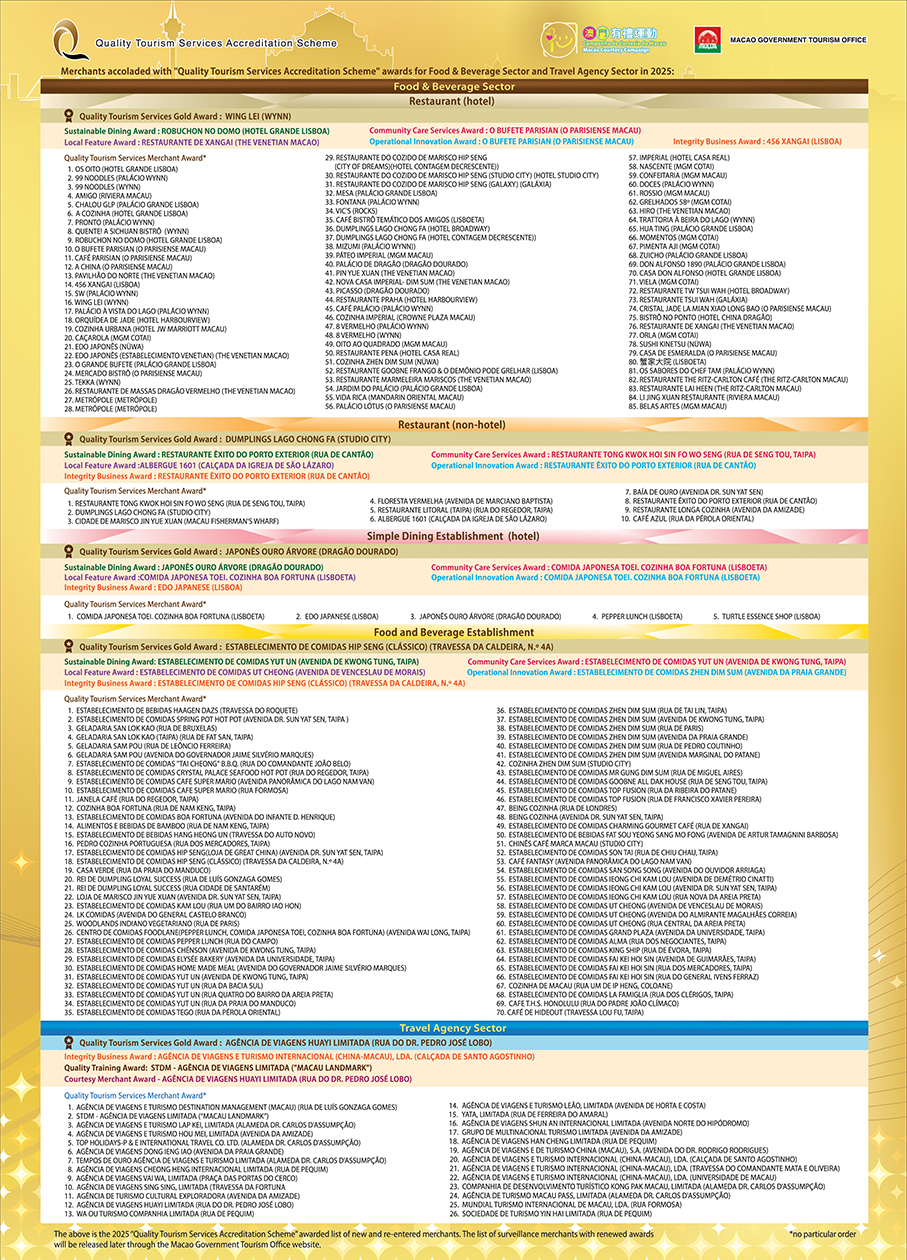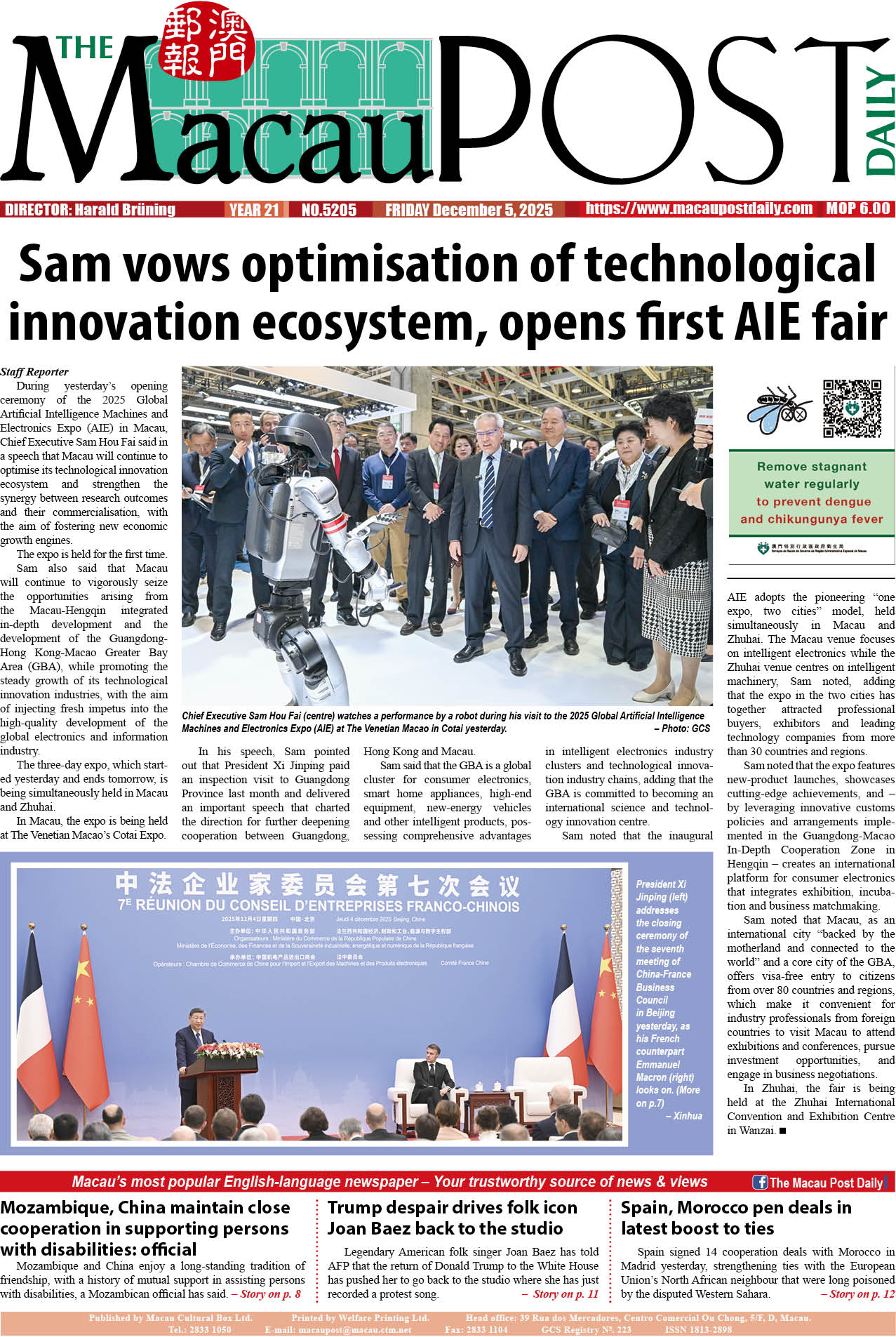According to the Cambridge Dictionary, the adjective “digital” is defined as “recording or storing information as a series of the numbers 1 and 0, to show that a signal is present or absent.”
Since the digital revolution that began after the Second World War, the foundation of our world today has been more and more digitalised, and usually it is represented in binary codes, rather than a physical world of steel and concrete.
In terms of its etymology, the ubiquitous English word “digital” is derived from the Latin word “digitus” means “finger”, “toe” or “twig”.
People born before the millennial generation may remember the time when they used rolls of film and cameras with mechanical shutters to take photos. These cameras captured light on photographic film. The chances of underexposing or overexposing one’s films were high. However, today most of our new cameras capture scenery in digital form, giving us images that are much easier to edit and transfer.
The late famous Hong Kong photographer Fan Ho (何藩) spoke about this issue in a media interview a few years ago. As someone who spent half of his life developing photographic film in darkrooms, he had perfected his craft in the traditional way. Yet, he then took the advantage of the digital shift in his field to learn how to operate graphics-editing software. Ho underlined in the interview that the digital shift means that any imperfections in an image can be undone at any time. It was possible to adjust an image in the darkroom using certain traditional techniques, but these are not as sophisticated as digital techniques, according to Ho. On any computer, one can change the shapes and colours with just a few clicks, he pointed out.
Digitalisation is irreversible and, most importantly, the ability to use electronics has become inseparable from education. This trend has accelerated at an even more astonishing pace since the start of the COVID-19 pandemic. Due to the pandemic, in many schools and universities nowadays in-person and online teaching take place side by side. Even though online options have their limitations, of course, and cannot really be replaced by live interaction in face-to-face classes, digital technologies offer us the only viable alternative in education in times of an emergency such as COVID-19.
The former chairman of the International Business Machines Corporation (IBM), Thomas Watson, said in 1949: “I think there is a world market for about five computers”. Yet social development has proven him wrong as one household can now easily own five computers. We have digitised many things that we thought were impossible. In the past decades technological revolutions have changed the workforce – they have created new types of work, made others obsolete and brought about wider societal changes. The current wave of change is expected to have profound implications. For example, the International Labour Organisation (ILO) has pointed out that the shift to a greener economy could create 24 million new jobs worldwide by 2030 through the adoption of sustainable energy practices, the use of electric vehicles and increased energy efficiency in existing and future buildings. Slowly and gradually, manual work will be replaced by machines in order to sustain the environment we are living in.
However, not everyone is a beneficiary of technological evolution. The pace of connectivity is slowing down or even reversing in some population groups. According to the United Nations, globally, the proportion of females using the internet is 12 percent lower than that of males. While this gap narrowed in most regions between 2013 and 2017, it also widened in the least developed countries from 30 percent to 33 percent in the same period. People who have yet to be connected are missing out on the benefits of this new era and are being left behind, especially the elderly, people with disabilities, ethnic and linguistic minorities, indigenous groups, and people living in poor or remote areas.
The proliferation of technology is inevitable, as our everyday lives are slowly merging with the digital world. This is an era when we embrace the changes and convenience of electronic gadgets, while not letting go of the traditional skills and wisdom passed down by generations before us.

Photoscourtsey of Unsplash











